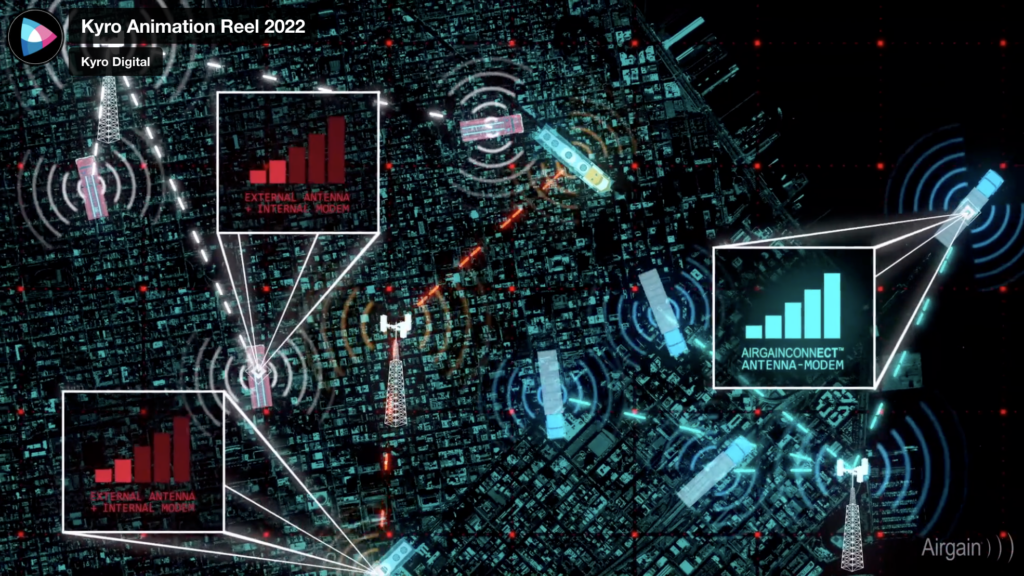Data Doesn’t Drive People
All over the corporate world, there’s an idea that human behavior can be influenced with data. “If we’ve got the right reporting model,” they’ll say, “we can predict & reduce churn or boost sales.” The idea is that data (or the right kind of data) can inspire human behavior.
I.e. if we show this person the right facts, we can make them do something. If we have a good argument for our product or service, they’ll decide to use it.
We assume that data drives our decisions. But that line of thinking is flawed.

“Data” Is Relatively New
Not until the last 200 years of human history have we used industrial machines to do our work. And not until the last 40 years or so have we so commonly used the Internet to complete tasks.
In other words, tracking an employee’s metrics via the number of emails they sent was impossible 50 years ago. Collecting the “data” on internet video views hasn’t existed forever. Most of the things we do and experience today are very new to the human race.
It’s shortsighted to assume that the use of data alters our behavior so drastically.

Data Rarely Influence Decisions
We’re not as rational as we think when it comes to making decisions. Dan Ariely’s TED Talk demonstrates this well:
As an introduction, Dan uses the example of table length (see the picture above). Without red bars, the table on the left universally looks longer than the one on the right. But with these red display bars, it’s easy to see that they’re the same length.
Knowing this data, however, doesn’t change our behavior – we still see the table on the left as longer. Dan goes on to show this with “cognitive illusions,” such as choosing to opt-in to organ donation on a driver’s license. Almost universally, people didn’t choose to change the default option.
As Belle Beth Cooper from Buffer writes, “the problem is that deciding is too much effort. We’d rather not decide, so we’re likely to just stick with the default option if it’s already been chosen for us.” See her post for more on decision making.
This is all to say that even while aware of the data, it doesn’t drive our human behavior.
Sometimes feelings or states of being also “spill over” into other areas of our brains. If we’re hungry, for example, this can affect the decision-making areas, leading us to make riskier decisions. A full bladder can also change the way humans look at a certain situation.
It turns out that decision–making is also heavily impacted by emotions. Apparently, we aren’t nearly as rational as we assume.

The Storytellers Were Right
Storytellers, however, understand that people are moved by story, rather than by fact, evidence, and “data.” They’ve been influencing people throughout time, intentionally or unintentionally.
We’ve written extensively about this on our blog. And covered why it’s essential to use video in your storytelling. But that’s beyond the scope of this post.
The point? We get so caught up in building the right reporting model or trying to find the “right data” to drive people. We often believe that showing someone “the right evidence” or “the best argument” can make them do something.
But this rarely works. Data doesn’t drive people. Story does.
